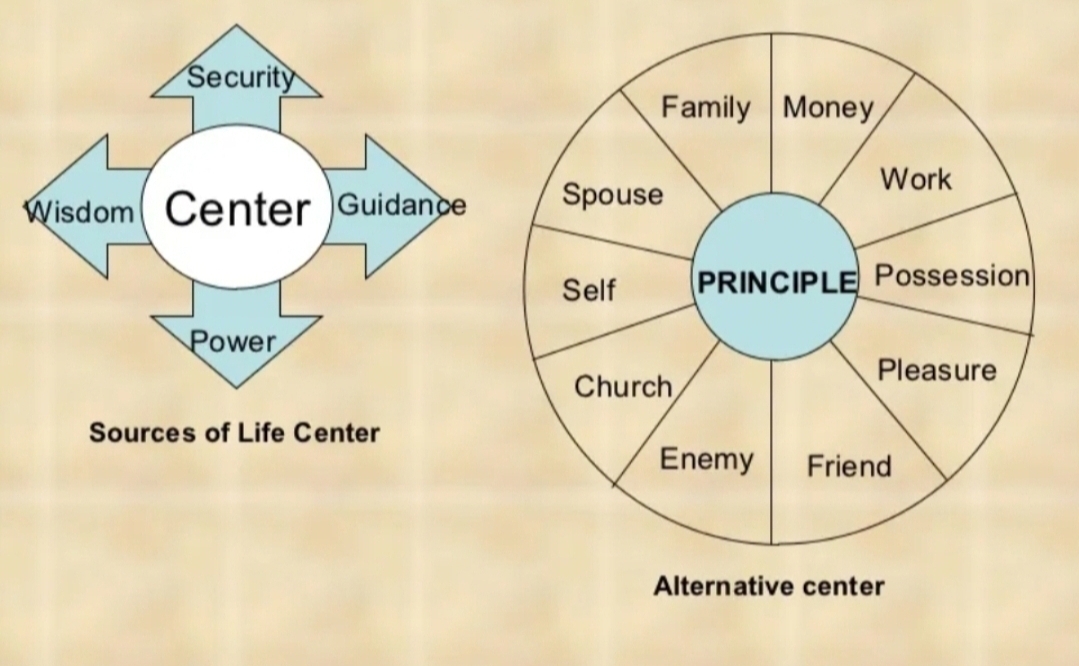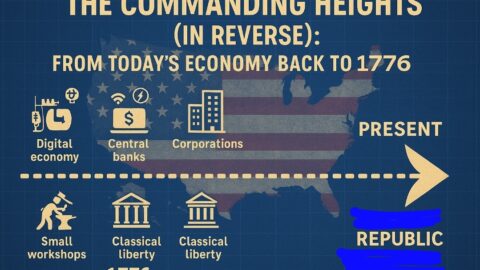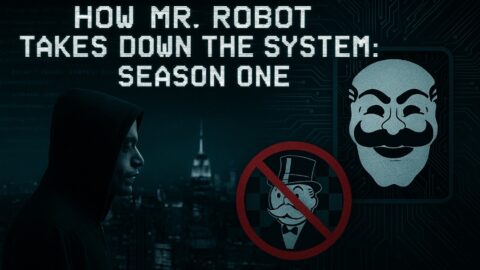It is easy to disregard the teachings of religious leaders from faith traditions different than our own, especially in a world marked by division and suspicion. “The False Gods We Worship,” given by President Spencer W. Kimball of The Church of Jesus Christ of Latter-day Saints, might at first glance appear to be narrowly sectarian. But truth has a resonance that transcends the messenger. Step back, read objectively, and you will find a critique of modern life that is as relevant and challenging for secular readers as it is for believers.
Kimball’s central warning is about idolatry—not golden statues, but the subtler and far more pervasive idols of materialism, nationalism, pride, and self-sufficiency. These are temptations that every individual and nation faces, regardless of creed or tradition. His call to put God (or, more broadly, transcendent principles) above all else is a summons to clarity, courage, and humility in a world that too often confuses means with ends.
If we reflexively dismiss such messages because of their religious origin, we risk losing out on wisdom that can illuminate blind spots in our own lives and culture. The invitation here is not to adopt a particular faith, but to recognize the power and truth of universal principles—truths that can refine our priorities, strengthen our character, and safeguard our freedom.
Today, we see the evidence of Kimball’s warning playing out across society. As Rod Serling observed, “We’re developing a new citizenry. One that will be very selective about cereals and automobiles, but won’t be able to think.” Our obsession with consumer choices, image, and personal comfort often masks a deeper poverty of discernment, self-control, and meaning. The false gods of modern life—whether material possessions, tribal loyalties, or digital distraction—promise fulfillment but deliver only shallowness and dependency.
The trajectory of our civilization confirms this decline. Each generation seems to slip further into what Jonathan Haidt calls the “great digital rewiring of childhood,” resulting in an epidemic of mental illness, anxiety, and aimlessness among young people. We are witnessing a culture increasingly shaped not by enduring values or timeless truths, but by the immediate gratification of appetites and the relentless pressure of comparison and conformity. In this environment, the idols Kimball warned against have become both more seductive and more destructive, crowding out the space for real wisdom, purpose, and spiritual grounding.
Kimball’s message is thus more urgent than ever—not just for the religious, but for anyone who cares about the survival of genuine freedom, critical thinking, and human flourishing. The only antidote to the false gods of our age is to rediscover and recommit to higher principles that orient our lives toward lasting meaning, not fleeting satisfaction.
Introduction: The Threat of Idolatry Today
- Kimball opens by warning that idolatry is not just about ancient golden calves or statues, but is alive and subtle in modern society.
- “Whatever thing a man sets his heart and his trust in most is his god.”
- He laments that materialism, power, and even national pride can become “false gods.”
The Priority of God’s Will
- We must put God first, above all other desires—whether family, possessions, career, or country.
- “If we place any other interest before loyalty to God, we are guilty of idolatry.”
- He stresses that seeking to do God’s will in all things is the true path to safety and peace.
Materialism: Wealth and Possessions as Idols
- Kimball points to material possessions—homes, cars, recreation—as a chief modern idol.
- Warns that accumulating wealth, striving for luxury, or being obsessed with financial security can replace reliance on God.
- “We must remember that all these things are but means to an end, not the end itself.”
Nationalism and Trust in Military Power
- Kimball criticizes excessive patriotism and “trust in the arm of flesh”—meaning military might, national power or personality.
- Reminds members that God’s will transcends national borders and that “God will not be mocked by our trust in missiles and armies.”
- “We commit idolatry when we trust in the force of arms, in the power of nations, in the cleverness of men.”
The Danger of Pride and Self-Sufficiency
- He warns against the pride of self-reliance that leaves God out of the picture.
- “We must not trust in our own wisdom, strength, or resources to the exclusion of faith and obedience to God.”
The Commandment to Avoid Idolatry
- Cites the First Commandment: “Thou shalt have no other gods before me.”
- Urges individuals to examine their lives for “subtle forms of idolatry,” such as careers, recreation, or even family taking precedence over God.

The Folly of Misplaced Trust
- Kimball warns that when calamities and crisis strike (war, famine, disaster), those who trusted in “false gods” will find them useless.
- Calls for humility and repentance: “Only in God is there safety and peace.”
The Test of True Discipleship
- Suggests that the ultimate test is whether we would give up anything—wealth, comfort, even national identity—if God required it.
- Shares examples from scripture and Church history of those who sacrificed all for God’s will.
A Call to Center on Christ
- Urges members to “center our lives in Christ and His gospel,” making Him the “axis” of all decisions and loyalties.
- Warns: “If we are not careful, we may find that we have worshiped false gods unknowingly.”
Conclusion: The Way to Peace
- Reiterates that peace, safety, and true happiness come only from worshipping the true and living God—not from “things,” power, or even noble causes if they displace God’s place in our hearts.
- “When we truly put God first, all other things fall into their proper place or drop out of our lives.”
Key Quotes for Emphasis
- “Whatever thing a man sets his heart and his trust in most is his god.”
- “We must recognize that our greatest strength comes from obedience to God.”
- “If men and nations would only learn this lesson, peace and security would be theirs.”
Summary Table
| Main Idol | Description / Warning |
|---|---|
| Material Possessions | Wealth, luxury, recreation become ends instead of means. |
| Nationalism/Military | Trust in arms and nations over trust in God. |
| Pride & Self-Sufficiency | Exalting one’s own wisdom or strength above God’s will. |
| Career/Recreation/Family | Any love or loyalty that displaces God’s first place. |
| Solutions | Put God first, trust Him, live Christ-centered, recognize subtle idols. |







